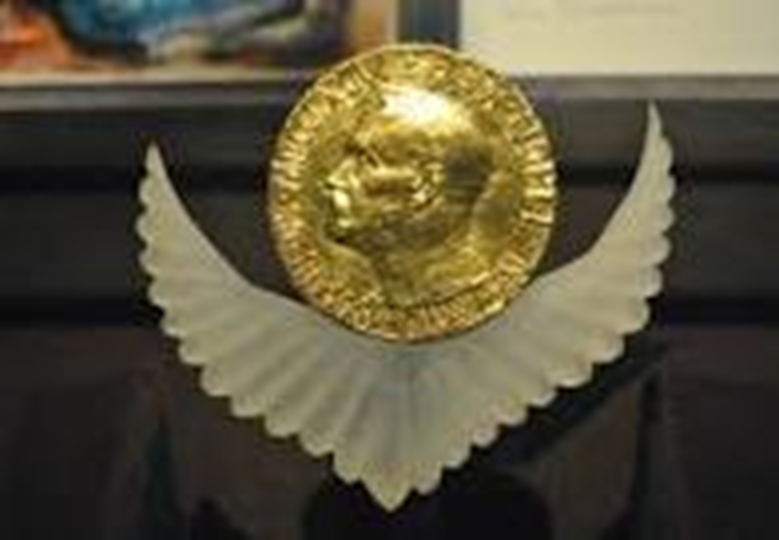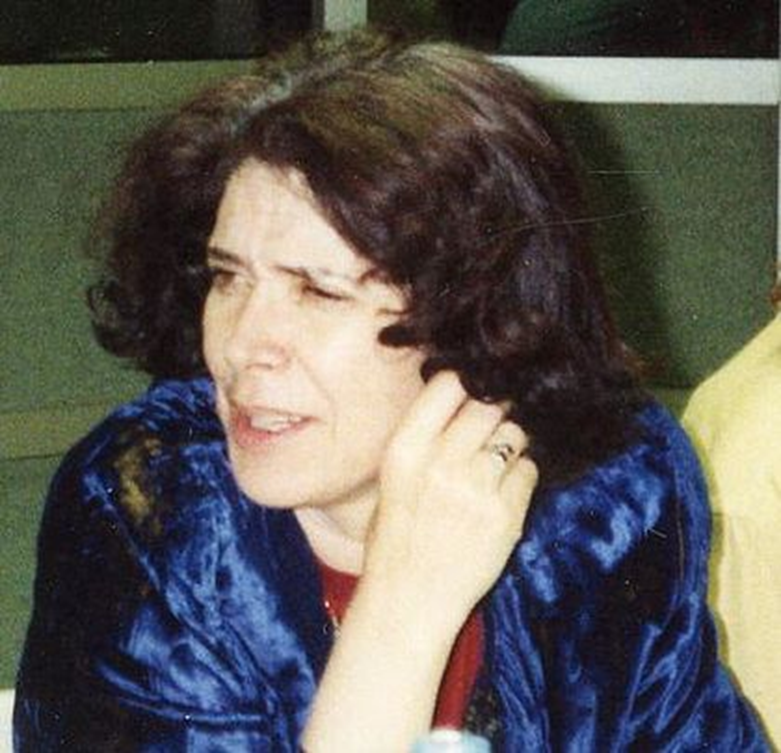!Amazigh literature wins the Nobel Prize for Literature
Can we imagine, in the days to come, the following universal literary sacralization: Amazigh literature, winner of the Nobel Prize for ?Literature
Nothing is impossible for the children of Tamazgha whose culture is their blood and art is their oxygen and the land is their grave and honor. Rather, everything that is done for the benefit of this ancestral and fighting literature by the new generation of writers is in the right direction. It is a good sign for such sanctification.
Amazigh literature is modernizing, more and more, freeing itself from folkloric clichés, and more and more aesthetically forging itself in the philosophical questions haunted by the struggle for the rights of man and peoples and by the literary plea for universal human values.
Reading the mystical poetry of the poet and singer Lounis Aït Menguellet reminds us of the wisdom of the great names of universal poetry, like Tagore, Bob Dillan, Omar Khayyâm, Saint-Jean Perse, El-Halladj…
Reading the committed, lucid and visionary poetry of Matoub Lounès reminds us of that of Aragon, Pablo Neruda, Lorca, Rimbaud or Breyten Breytenbach.
There are no big languages and small languages. Tamazight held high by the poetry of Aït Menguellet or that of Si Mohand Ou Mhand is a great language. Every language is beautiful through its renewed literature first and through its women and men who carry it in their daily lives and in their hearts, without any deification.
Tamazight which is able to accommodate, in translation, the great literary texts of humanity such as The Old Man and the Sea by Hemingway, Romeo and Juliet by Shakespeare, Roubaiyyat (the quatrains) by Khayyâm, the Prophet by Khalil Gibran, Camus' foreigner… is a great language. This language which carries, in translation, sacred texts such as the Koran and the Bible is capable of surprising us. Tamazight has achieved all of this and more in just the past two decades.
Why French-speaking Algerian literature, symbolized by its giant geniuses like Katab Yacine, Assia Djebar, Mouloud Feraoun, Mouloud Mammeri, Mohammed Dib, Rachid Boudjedra and others, could not win the Nobel Prize for Literature
!I don't like conspiracy theory
Certainly, our literature in French contains masterpieces such as Nedjma by Kateb Yacine, Habel by Mohammed Dib, The Sleep of the Just by Mouloud Mammeri, L'amour, Fantasia by Assia Djebar, L'escargot stubborn by Rachid Boudjedra... for quote only these few titles. But overall, this literature remained partially, in my opinion, a local literature influenced by the traditions of the French literary school. With all its success, it remained a literature locked in a restricted nationalism predominated by the philosophy of the conflicts of the fifties.
Why Arabic-speaking Algerian literature represented by writers like Abdelhamid Benhedouga or Tahar Ouettar did not also have the chance to bring back such a universal literature prize
Although it has produced beautiful texts, such as Noce de mule by Tahar Ouettar or El-Djazia and the dervishes by Benhedouga or Memoirs of the flesh by Ahlam Mosteghanemi, this Arabic-speaking literature in Algeria is marked by the aesthetic reproduction modeled or almost on the traditions of Mashreq literature, in its literary form and in its ideological conservatism. This literature, I am not generalizing, lacks philosophical adventure, aesthetic renewal and intellectual courage. Of course, there is a new generation of novelist writers who, little by little, are freeing themselves from this Machrekian literary hegemony.
And in these two literary cases, in French as in school Arabic, this literature is only a form of translation. Neither French nor school Arabic are mother tongues in Algeria. Unconsciously, this literature is made first in another absent and traceless language. And this absent or banished language is none other than the Amazigh language or the Darija, the dialect. The Algerian writer thinks and dreams in Algerian (in Tamazight or Darija) and writes! in French or in school Arabic
The two living languages in Algeria are Tamazight and Darija, the others are foreign languages. Admittedly, the latter are carriers of an openness to the world and a human culture for the local elites.
For these psycho-sociological and linguistic reasons perhaps, the French-speaking and Arabic-speaking Algerian literatures could not win this universal literary sacralization which is the Nobel Prize for literature.
On the other hand, Amazigh literature is a coherent literary experience with its linguistic, societal and historical environment. A literature that is not made in translation and does not pass through translation. It is the first literature written in the mother
tongue.Breast milk is fused with the ink of creation.
This new Amazigh literature is experiencing an exceptional progression in narrative and poetic textual production, free from folklorism and folklorization. A literature that increasingly philosophically questions identity and the future: the self that is only the other face of others.
Only this Amazigh literature from North Africa escapes, thanks to this fusional relationship between the language-mother and the language-writer, alienation.
Despite the painful political, cultural and educational and even religious suffering endured by the Amazigh language, the latter, thanks to the determination and resistance of its writers, artists, women and men, was able to overcome and overcome all successive colonizations: the Romans, the Vandals, the Byzantines, the Arabs, the Ottomans, the French. She survived. She lives.
This hard and unique historical ordeal experienced by Tamazight is an immortal lesson for writers speaking in this language. A lesson conveyed in their text as an artistic plea for the defense of human values: freedom, women, gender equality, diversity and secularism. And that is why a universal literary sacralization of Amazigh literature by the Nobel Prize for Literature, in the next few years, is not excluded.
Amin Zaoui / January 5, 2019 / Daily: Freedom.
source:websites







